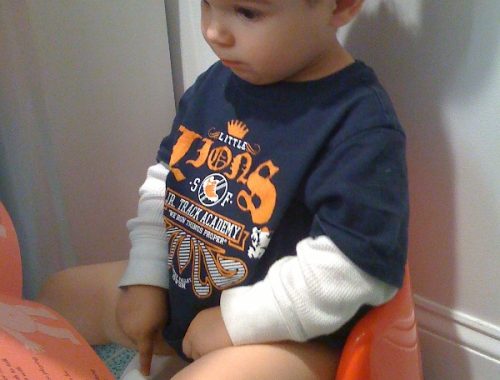
How To Raise An Absolute Bookworm?
Reading aloud to your kid is an essential activity to help them flourish as readers. Know that consistency, patience, and the power of encouragement will work in your favor.
It’s no secret that extracurricular activities outside the classroom are beneficial, but there’s more to it than just what the school has to offer. There are some things that parents may provide for their children at home that cannot be provided in school.
As soon as you are pregnant, you will bombarded yourself with questions about the value of reading. For a good reason: the advantages of reading to children at all stages of development are widely proven. Raising a reader is, fortunately, enjoyable, gratifying, and very simple.

Start Early
You may start as early as three months; select books with little or no text and large, high-contrast pictures because an infant’s vision is still developing. Consider novels that have interactive elements like puppets, mirrors, or peepholes. During the first six months, these will be vital to helping your child become used to books and storytelling.
From seven months onwards, babies may begin to understand some of the words you read to them, so select books with significant terms like mother, daddy, milk, or food. Hearing you identify something he recognizes strengthens your baby’s vocabulary and gradually teaches him that pictures represent real things. Point to the photos that attract his attention and name them. I suggest you act out what you read with your face, hands, and voice, it will make the reading timeless monotonous for them.
After 13 months, you may start introducing real books; start gently, don’t read an entire paragraph at once. Read small morals stories that include animals. Make animal or other noises while reading; they will find it amusing and like hearing you read. You may also ask them questions to keep them engaged and develop their talking skills.
Many children find the usual pattern of reading soothing and relaxing around the age of 19 months. As a result, you’ll find yourself reading the same book over and over again. It’s very common for youngsters to have a favourite story that they continually want to hear which can be tedious for parents. However, keep in mind that a favourite tale may be a representation of your child’s interests or emotional needs.
When…?
Read to your youngster as much as possible. Despite the fact that a parent’s life is sometimes hectic, you should make an effort to read with your child at least once a day at a set time. But don’t be discouraged if you miss a day or when you don’t stick to your plan 100% of the time . When you are too busy, even a couple of lines before bed will do.
If you have more than one child, try to spend some time reading alone with each of them, especially if their ages are more than two years apart.

– Point to the pictures as you read aloud.
– Make reading enjoyable by using your face, body, and voice. For each character, use a different voice.
– Allow your youngster to ask you questions; this will demonstrate their degree of participation.
– If you’re able, take them on a book hunt and let them select their own.
So, how do you encourage them to read? There appear to be things you can do to increase your child’s chances of becoming a reader, but bear in mind that none of them is guaranteed to create readers. Some people dislike reading, sometimes it is just a matter of preferences. As a parent, I will stock my home with books (both mine and my child’s), read to them, take them to the library, and allow them to select whatever books they want to read.
But I will do it while understanding that this does not guarantee that they will become a reader as an adult. I do this not because I want to raise a reader but because reading to and with them is a fun bonding experience.
We would love to hear from you, so let us know in the comments down below if you are reading with your child or if you are planning to do so.
You May Also Like

How To Co-Parent Like A Pro.
2021-09-24
How Fitness Promotes a Positive Body Image in Kids
2023-08-29

